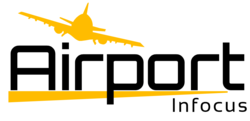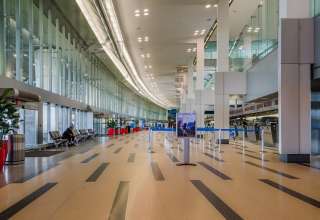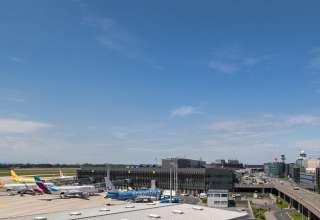Airline passengers in China are heavy users of technology both in their everyday lives and throughout their travel journeys. Nearly one quarter perceive themselves as ‘hyper-connected’ – they value efficiency and use self-service technology more frequently. Airlines are meeting their needs with 80% adopting connected aircraft and 100% investing in mobile-based services and the Internet of Things.
In the 2016 SITA Passenger IT Trends Survey, conducted across China and representing almost 60% of the country’s passenger traffic, IT provider SITA analyzed the behavior of four different types of passengers. The Careful Planner, Pampered, Hyper-Connected and Open-Minded Adventurer profiles each uses technology in different ways. China has the highest proportion of ‘hyper-connected’ passengers worldwide with 24% compared to the global average of 14%. These passengers tend to use technology, such as mobile devices to book, check-in and manage their trip, more frequently than the other profiles.
Airline passengers across the globe are so comfortable with technology today that they are choosing to use it rather than interacting with people. This is particularly evident in China where SITA reports 98% of passengers carry at least one mobile device and 49% carry a tablet. They also score very highly on an index of online and mobile service usage in their everyday lives at 7.1 out of 10 and increasingly are using mobile services for travel. Today nearly 17% of these passengers check-in using a mobile app and airlines are predicting a jump in adoption over the next three years.
Having the ability to make the passenger experience a fully-connected one with connectivity on the ground and in the air is vital. Today Chinese airlines are leading the adoption of connected aircraft because of their comparatively modern fleets. In fact, 80% of Chinese airlines already fly, or are just taking delivery of connected aircraft versus a 45% global average.
May Zhou, Vice President, SITA China said: “In today’s connected world of travel passengers prefer to use technology. SITA’s research shows that they expect to be connected and have services delivered to their mobile devices at every step of their journey, including during their flight. Today we see that airlines in China are responding to the needs of these ‘hyper-connected’ passengers by focusing their investments in connected aircraft, mobile-based services, and the Internet of Things. With this strategy they can meet passengers’ growing demands for information and services to their mobile devices.”
SITA’s survey shows that 40% of Chinese airlines believe that the key benefit of connected aircraft will be improving the passenger experience and 100% plan to invest in wireless in-flight services for passengers over the next three years. Already in China 58% of passengers use their mobile devices onboard for in-flight entertainment.
The ‘Internet of Things’ (IoT) is also high on the agenda of airlines in China with 100% planning to invest in IoT over the next three years and 78% are planning major programs. Currently the only IoT initiative already implemented at Chinese airlines is fuel/engine monitoring and this by just 10% of airlines. The main areas of focus over the next three years are smart bag tags, asset tracking and monitoring the aircraft cabin environment.
*More details of the global results of SITA’s Passenger survey, including information on the emotional scale tool and the technology adoption model are available here in Chinese and English. There is a fact sheet on China here. The SITA Airline IT Trends Survey 2016 is also available in Chinese and English.











